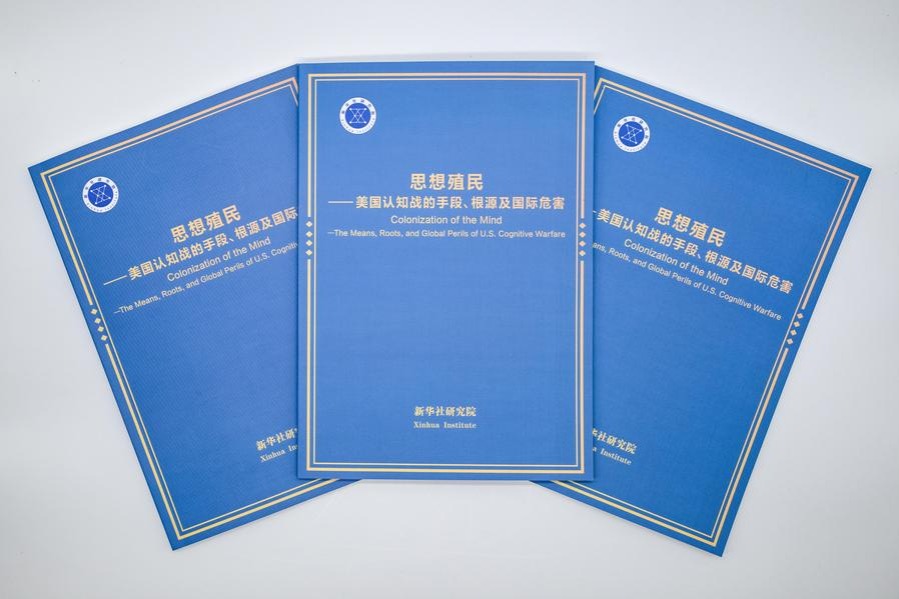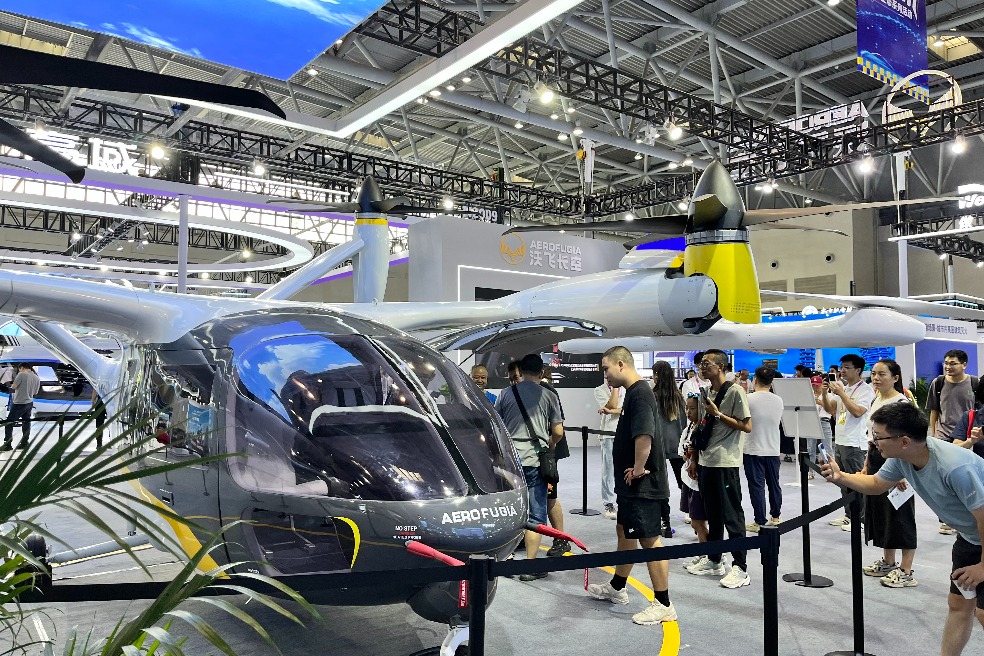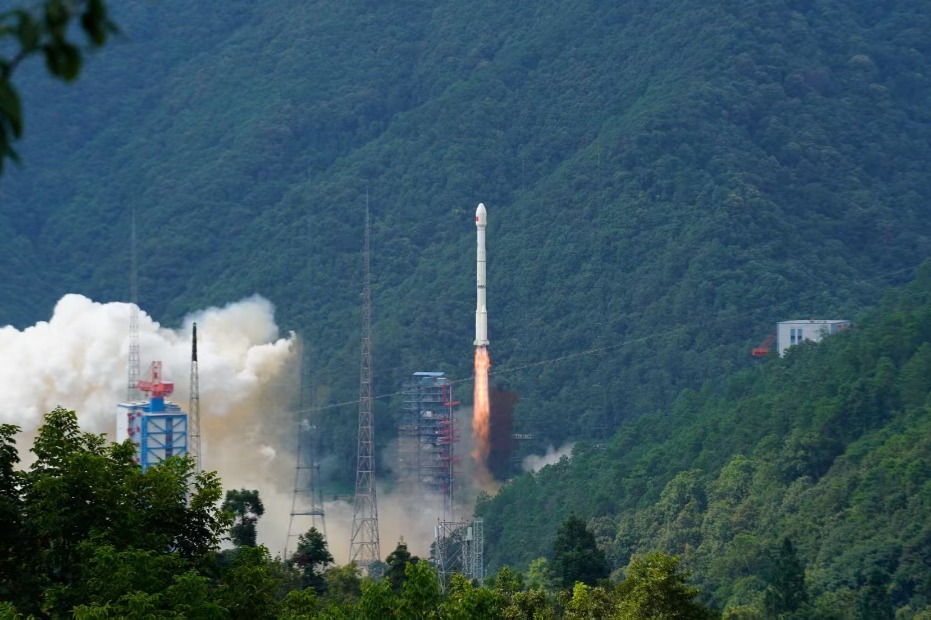Whole-process democracy lauded


In Chinese system, 'people are part of governance', Filipino professor says
Whole-process people's democracy best serves the real interests of China's 1.4 billion people and optimizes decision-making and monitoring in the world's second-largest economy, according to a Manila-based academic.
Jan Robert Go, assistant professor and associate dean at the College of Social Sciences and Philosophy at the University of the Philippines, said that China's whole-process people's democracy includes an electoral process, but also extends through policymaking, implementation and oversight.
This is because the Communist Party of China puts a "premium on the entirety of the democratic process". He said that China promotes "consultative democracy" and encourages public involvement in decisions and policymaking.
Go, who has a doctorate in political theory from Central China Normal University in Wuhan, Hubei province, has seen China's "two-pronged" democratic system of governance for himself.
He said that China practices "direct democracy" where citizens elect local leaders who represent them in their neighborhoods or village committees. At the same time, China also has "indirect democracy", where elected representatives later choose leaders at higher levels of government — from the subdistrict to the central government — while elected leaders consult the people with regard to the crafting of policy and programs.
Whether through direct or indirect democracy, "people are part of governance" in the world's most populous country, he said.
The two sessions of the National People's Congress and the National Committee of the Chinese People's Political Consultative Conference show how whole-process people's democracy works for the country and its people, he said.
The NPC, China's top legislature,"can define the work of the government, set the standards and lay out the plan so that all the way down to the lowest level, local leaders are provided guidance on how to act", Go said, adding that the NPC practices a bottom-up approach.
It is responsible for "consolidating whatever the product of consultation may be, whatever policies have been created at the lowest levels so that they are able to comprehensively see the condition in various parts of China, and later put forward the next five-year plan".
This year's two sessions have even greater significance as it is the first time that they have been held since China changed its COVID-19 strategy. "What will be interesting to find in these two sessions is what plan of action will be for the NPC, and thus in effect for the Chinese government, moving forward," Go said.
The CPPCC, China's top political advisory body, also has a "crucial role" in achieving whole-process people's democracy via consultative means."If the goal is to be a functional democracy, where the people are directly involved and consulted, the responsibility for that goal falls largely in the CPPCC's hands," he said.
Political advisers in every sector of society are able to develop plans "that enable effective and efficient consultation at various levels of government", he said. "The CPPCC completes the 'democracy cycle' by feeding the results of consultations to the NPC for guidance in decision-making and policymaking."
In addition, Go said that China has been broadening and improving its system of consultative democracy — making coordinated efforts to promote consultation by political parties, people's congresses, CPPCC members, people's organizations, communities and social organizations — and improving institutional consultative platforms to promote the extensive, multilevel and institutionalized development of consultative democracy.
Go also said the liberal democratic framework has dominated modern Western discourse, often at the expense of other forms of democracy. He believes more people should get to know about socialist democracies like China so they will understand how the system has helped the nation realize its citizens' aspirations.
"Because at the end of the day, democracy should work for its citizens, for its people," he said, adding that as far as China is concerned, whole-process people's democracy works for them.
"This is because they know how their culture works, how their society is configured, and they are able to command and implement policies suited to Chinese characteristics, something more sensitive to what they need."
- Draft law highlights cybersecurity in operation of nuclear facilities
- China advances public legal services, delivers over 170 million consultations in five years
- Chinese commercial carrier rocket places three satellites in orbit
- Sanofi's innovative diabetes injection Tzield wins approval in China
- China mulls amendment to cybersecurity law to strengthen legal responsibilities
- ROK to transfer the remains of 30 martyrs to China





































